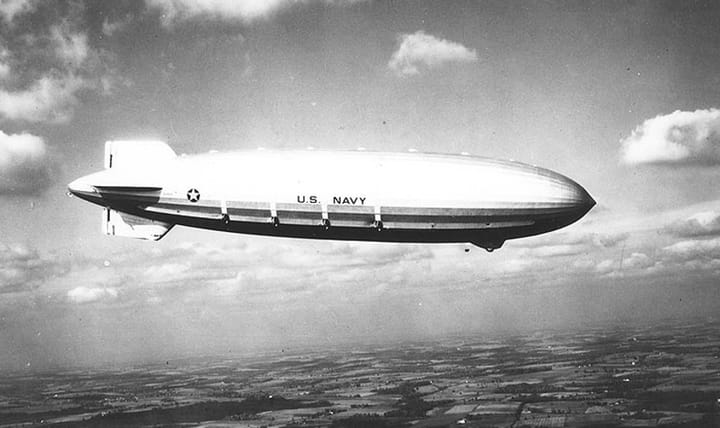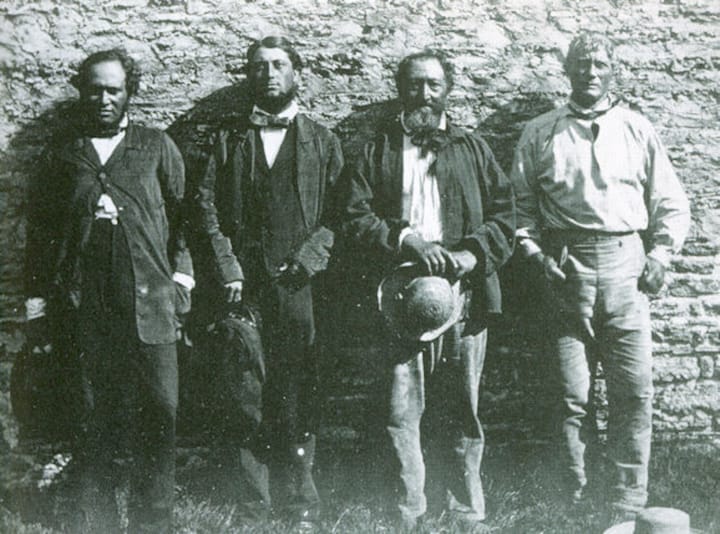Popcorn and Purple Stuff: A journey through 1990s cinema, in 25 films. (Part II)
The second part of our 25-film journey through the 1990s involves technology, random violence, and a heartbreaking depiction of the Holocaust.

This is the second part of a 5-part series showcasing the cinema of the 1990s, which is a unique lens through which to view this tumultuous decade. I’ve chosen 25 films that I think embody the values, style and characteristics unique to 1990s cinema. Part I, the first five films (from 1990 and 1991), is here. Keep in mind this is not a “best-of” list, or a “my favorites” list. It’s thematic and analytical. Some of my choices may be unconventional. This article deals with films from 1992 and 1993.
Batman Returns (1992, Tim Burton, Director)
In the early part of the 1990s, films broke decisively from the style and cinematic values of the previous decade. That break is no more starkly evident than the difference between Batman Returns from 1992 and Tim Burton’s original Batman from 1989. Returns is darker, grittier, more nihilistic, much more brooding and introspective, and, at least from the standpoint of many filmgoers, a lot less fun. In many ways Batman, the alter-ego of rich playboy Bruce Wayne (Michael Keaton), is a minor character, with most of the focus on the tormented villains: the orphaned Oswald Cobblepot (Danny DeVito) who becomes the Penguin, power-hungry department store magnate Max Schreck (Christopher Walken), and especially Selina Kyle who becomes Catwoman, in a show-stealing performance by Michelle Pfieffer. Far from being a superhero romp, Batman Returns is a trip into the darkest sort of urban fantasy, dominated by resentment and psychosis.
Batman Returns also epitomized the uneasy marriage of filmmaking and commerce, or perhaps the final conquest of the former by the latter. Pushed on the public by a marketing onslaught–involving Diet Coke and McDonald’s–as awesome and relentless as the Normandy invasion, parents of small kids were baffled and disturbed by the dark reaches of Burton’s excess, to the point where McDonald’s pulled out of its Happy Meal promotion. (Horrors!) In the end, though, all that seemed to matter was the money. Batman Returns raked in $266 million, Burton was handed his check and abruptly cashiered from the series, and Warner Brothers took the Batman series into a ludicrously campy direction mainly to chase higher toy revenues.


